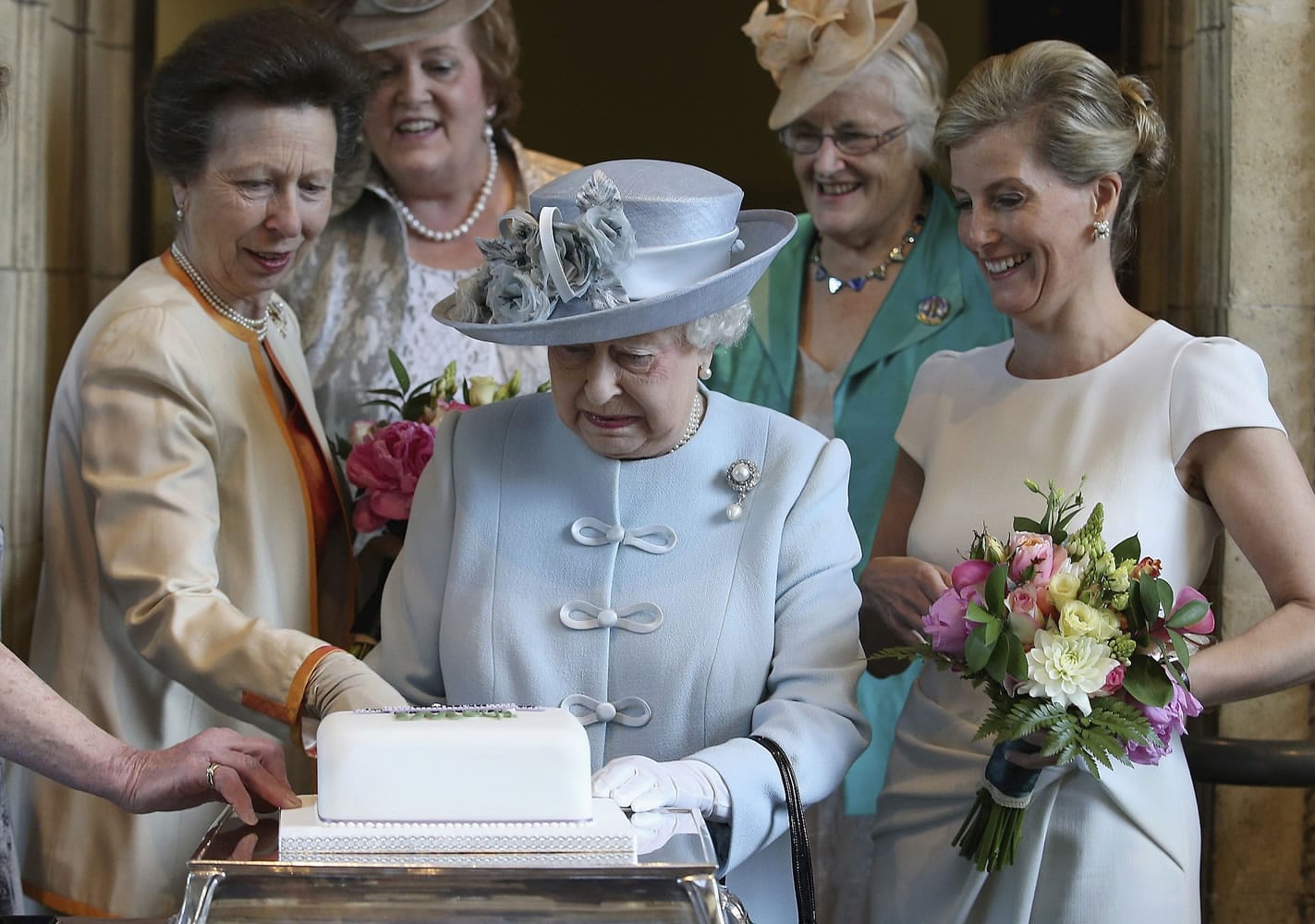“Every six months or so, we rehearsed all this. A news studio was set aside on a Saturday morning and we worked through a fictional scenario,” Sissons wrote. “We usually pretended that she’d expired after choking on a fish bone — something for which she had form — at her Caithness home, the Castle of Mey. The remoteness of the location posed particular technical challenges which our rehearsal was expected to help identify.”
Sissons even had to have a specially made suit, appropriately somber, on for the sad event — though in the end it was his decision to wear a red tie on the day that resulted in a number of complaints. Clearly, the pressure on BBC journalists on such a day is immense: “Please God. Don’t let it happen on my shift” is how the Tim Luckhurst, a former BBC editor, put it in 2001.
The Queen Mother passed away in 2002, and plenty of things have changed in the world since then. However, the basic BBC procedures may not be quite so different. According to Tom Sykes, the well-connected royal correspondent for the Daily Beast, the BBC will still make an official announcement about the death on air, not on social media.
Which brings up the most perplexing part of Wednesday’s accident: It happened on Twitter. Journalists had been told specifically not to use social media during the rehearsal, the Telegraph reports, and some now suspect that Khawaja, who reportedly was not part of the exercise, must have overheard the rehearsal and mistaken it for the real thing. The BBC is now said to be conducting an internal investigation.
For her part, the BBC reporter later tweeted that she had left her phone at home, and it had been a “silly prank.” That tweet, in turn, has since been deleted.



